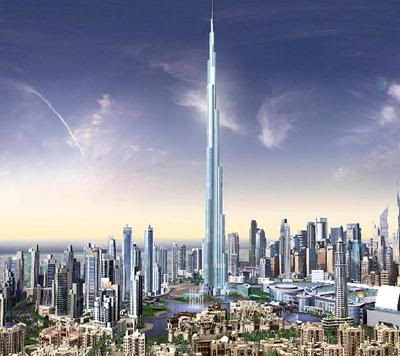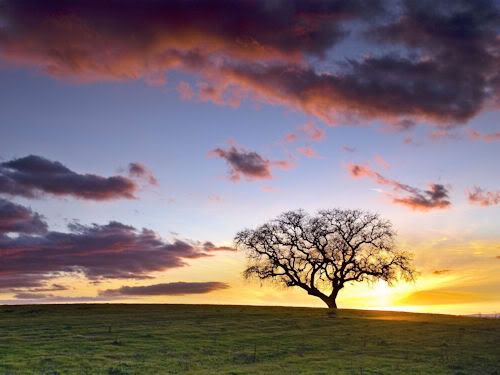In pressing forward with the “envisioning postcapitalism” series, today I will re-present an earlier review of the second edition of Joel Kovel’s The Enemy of Nature, revised from the first edition which I reviewed back in 2007. What gives Kovel’s exposition of ecosocialism a special strength is its ability to identify a weakness in the capitalist system which escapes the notice of “traditional” marxism, and its advocacy of a goal-society (ecosocialism) which resolves the problem of capitalism’s fundamental weakness. To put paid to the notion that Kovel’s version of ecosocialism is a “utopia,” I intend to critique the argument of his book from the perspective of an overview of the history of power.
(crossposted at Wild, Wild Left)



